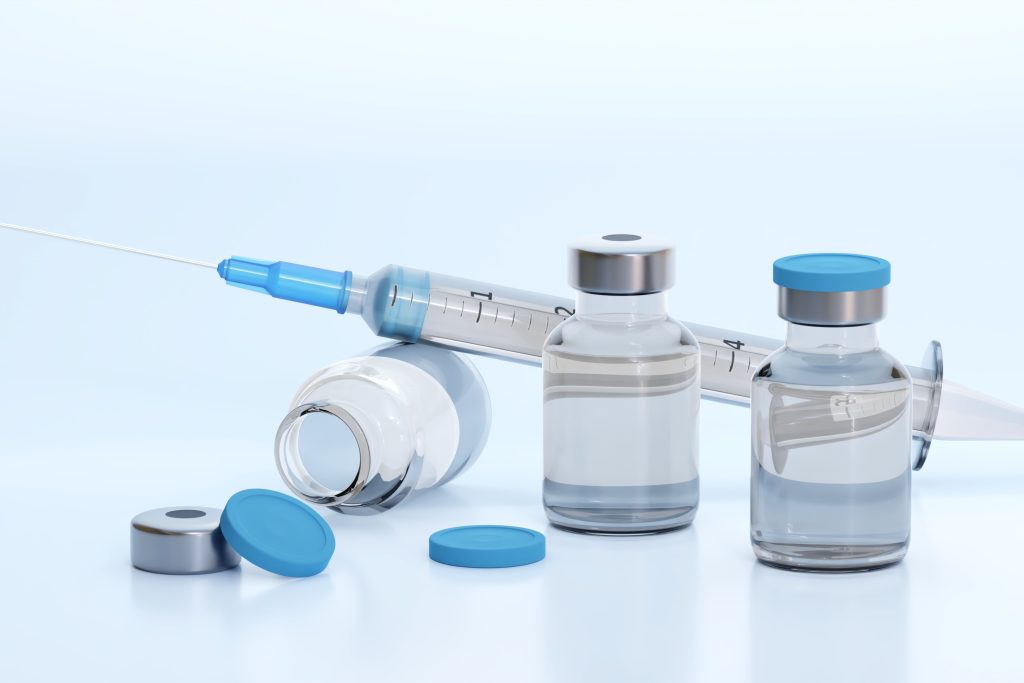Bethel Pharmacy
Email Us
info@bethel-pharmacy.com
Call Us
(252) 825-7271
Fax Us
(252) 825-2976
Supplements and Vitamins: Do You Really Need Them?
August 15, 2024

In today’s world, supplements and vitamins are more popular than ever. With aisles full of various options at your local pharmacy, you might be wondering if you really need to add these to your daily routine. While supplements can be beneficial, they’re not a one-size-fits-all solution. Here’s what you need to know to make an informed decision about whether supplements and vitamins are right for you.
1. Understanding Supplements and Vitamins
Supplements include vitamins, minerals, herbs, amino acids, enzymes, and other dietary ingredients intended to enhance your diet. They come in many forms, including pills, powders, and liquids.
Vitamins are organic compounds that are essential for your body’s normal growth and functioning. They’re typically obtained from food, but some people choose to take supplements to ensure they’re getting enough.
2. Do You Really Need Supplements?
The answer depends on several factors, including your diet, lifestyle, health conditions, and specific nutritional needs. Here are some scenarios where supplements might be beneficial:
- Nutrient Deficiencies: If blood tests show you’re deficient in certain vitamins or minerals, supplements can help fill the gap. Common deficiencies include vitamin D, iron, calcium, and vitamin B12.
- Restricted Diets: Individuals with restricted diets, such as vegetarians, vegans, or those with food allergies, may need supplements to ensure they’re getting essential nutrients.
- Age-Related Needs: As we age, our bodies may require more of certain nutrients. For example, older adults may need more calcium and vitamin D to maintain bone health.
- Pregnancy: Pregnant women often need additional nutrients, like folic acid and iron, to support the health of both the mother and the developing baby.
Health Conditions: Certain health conditions or medications can interfere with nutrient absorption or increase the need for specific vitamins or minerals.
3. Are Supplements Always Safe?
While supplements can be beneficial, they’re not without risks. Here are some considerations:
- Overdosing: Taking more than the recommended amount of certain vitamins or minerals can lead to toxicity. For example, excessive vitamin A can cause liver damage, while too much iron can be harmful, especially in children.
- Interactions with Medications: Some supplements can interact with prescription medications, reducing their effectiveness or causing harmful side effects. Always consult your healthcare provider before starting any new supplement, especially if you’re on medication.
- Quality and Purity: Not all supplements are created equal. The quality, purity, and potency of supplements can vary between brands. Look for reputable brands that have been tested by third-party organizations.
4. Can You Get Enough Nutrients from Food?
For most people, a balanced diet is the best way to obtain essential nutrients. A diet rich in fruits, vegetables, whole grains, lean proteins, and healthy fats typically provides the vitamins and minerals your body needs. Here’s how you can boost your nutrient intake through food:
- Vitamin C: Found in citrus fruits, strawberries, bell peppers, and broccoli.
- Vitamin D: Obtained from sunlight exposure, fortified foods, and fatty fish like salmon.
- Calcium: Found in dairy products, leafy greens, and fortified plant-based milks.
- Iron: Available in red meat, poultry, beans, lentils, and fortified cereals.
- Omega-3 Fatty Acids: Found in fatty fish, flaxseeds, and walnuts.
If your diet is varied and balanced, you may not need additional supplements. However, if your diet lacks certain nutrients, supplements can help.
5. How to Choose the Right Supplements
If you decide to take supplements, it’s important to choose them wisely:
- Consult with a Professional: Speak with your healthcare provider or a pharmacist to determine which supplements, if any, are right for you. They can help assess your individual needs and recommend appropriate dosages.
- Read Labels Carefully: Look for supplements that provide the recommended daily allowance (RDA) of the nutrient without exceeding it.
- Quality Matters: Choose supplements from reputable brands that follow Good Manufacturing Practices (GMP) and have third-party testing for quality and purity.
6. The Bottom Line: A Balanced Approach
Supplements and vitamins can play a valuable role in maintaining good health, but they shouldn’t replace a healthy diet. For most people, focusing on a balanced diet full of nutrient-rich foods is the best way to meet nutritional needs. Supplements can be used to fill in the gaps, but it’s essential to use them wisely and under the guidance of a healthcare professional.
At Bethel Pharmacy, we’re here to help you make informed decisions about your health. If you have any questions about supplements or vitamins, feel free to stop by and speak with one of our knowledgeable pharmacists. Your health and well-being are our top priorities!
Contact Details
- 7433 Main St., Bethel, NC 27812
- info@bethel-pharmacy.com
- 9 AM - 5:30 PM, Monday - Friday, 12:30 PM - 1:30 PM Lunch Break
- (252) 825-7271
- (252) 825-2976
Make Appointment
Call Us
(252) 825-7271
Copyright © 2024 All rights reserved.


